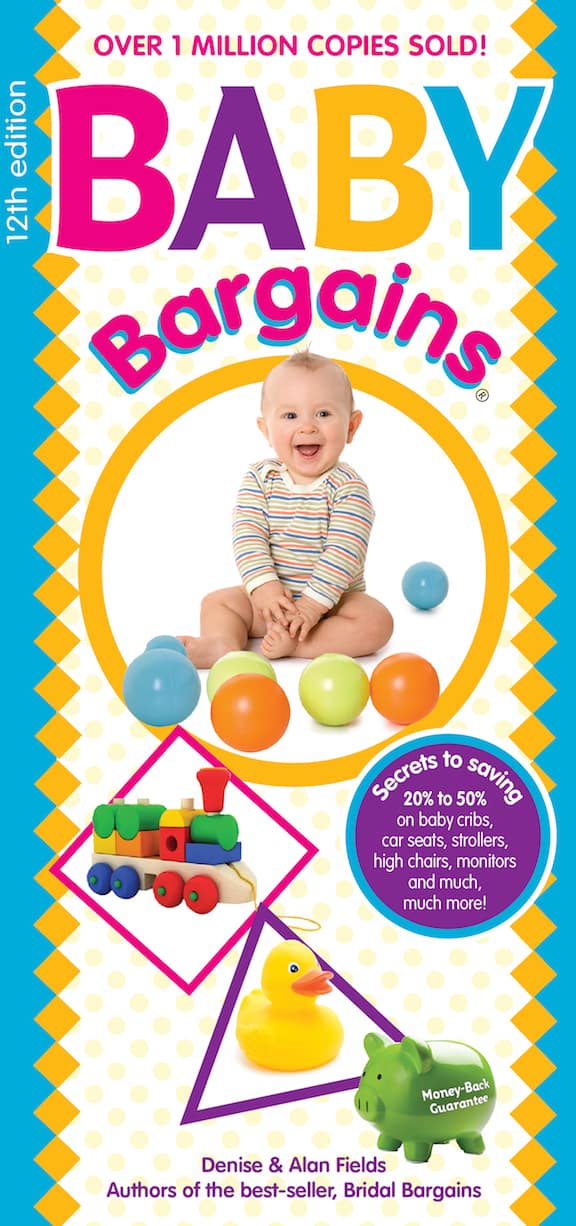The Best Pool Shock: Advice & Tips
There’s no worse feeling—opening your pool or spa and discovering it has turned an ugly shade of green.
Shocking a pool with a chemical treatment is a quick way to return the water back to its clear (and useable) condition.
To find the best pool shock, we first started with interviewing pool chemistry experts.
We learned there are three main reasons why you’d what to use pool shock—consider them the ABC’s.
• Algae. It can come in different colors, but algae can only be killed with chlorine . . . and lots of it!
• Bacteria. Accidents happen (ahem), but pools can also become contaminated with bacteria after rain storms or just heavy usage. After opening up a pool after a long winter, you may discover bacteria growth requires the pool or spa to be shocked.
• Cloudy water. This can happen for a myriad of reasons, but most folks want that pool to have that clear, fresh look.
A few more common questions you may have about pool shock:
How often should you shock a pool? That’s a matter of debate, with some shock makers saying it should be every week. Based on our interviews with pool experts and our own pool-owning families, we think every three or four weeks is more realistic. Of course, a heavy rainstorm may prompt a sooner shock.
How much shock do you need? A good rule of thumb is one pound of shock for 10,000 gallons of water—but be sure to read the label of the shock, as it may require a different ratio.
If you just want to top off the chlorine in your pool (and the water is already clear), a half pound per 10,000 gallons should do the trick. Conversely, if you have a full blown algae bloom, you may need three to five TIMES the amount of shock than normal!
How do you store shock? Store your pool shock in a cool, temperature controlled environment—such as a basement. Do not let the shock become wet or hot. And don’t leave a partial, open bag lying around.
Pro tip for vinyl pools: pre-dissolve pool shock in a five gallon bucket with pool water BEFORE pouring into your pool or spa. Shock contains chlorine granules that can damage pool surfaces, especially those made of vinyl.
Here are the top pool shocks recommended by our readers and seconded by experts we interviewed for this article:
Why Trust Us
We’ve been rating and reviewing products for the home and families since 1994. We do extensive research, evaluating products with an eye toward quality, ease of use and affordability. When we purchase a product for hands-on testing, we do so with our own money.
Here’s another key point: we don’t take money from the brands we review. No free samples, no sponsors, no “partnerships.” Our work is 100% reader-supported!

 We obsess over baby gear . . . so you don't have to. Baby Bargains has one mission: help you find the best gear for your baby with unbiased reviews by experts with 20 years of experience. At prices that don't break the bank. When you purchase a product from links on this site, we make a small affiliate commission. Learn more
We obsess over baby gear . . . so you don't have to. Baby Bargains has one mission: help you find the best gear for your baby with unbiased reviews by experts with 20 years of experience. At prices that don't break the bank. When you purchase a product from links on this site, we make a small affiliate commission. Learn more 
